OK, though it reeks of period flavor, it is not a real Miller race car. The Ford Model A-based two-man racer “in the style of Bugatti” was built in 1970 by avid car collector Jim Talmadge, son of silent film star Buster Keaton (and the owner of eight Duesenbergs). It’s offered by long-time Barn Finds Reader George A on the AACA forum at a price that would, to put it mildly, not buy an authenticated 1920s Miller.
The Model A/Miller doesn’t have a documented history back to Indy glory days, but the Miller does have some history. Talmadge, an MGM executive, says he found the two-seater body in an Indianapolis garage near the speedway. He thought it was from a Miller, but that isn’t verified. Talmadge had his own auto shop, and he fit the body to an existing Model A chassis and built the engine-turned dash and Euro-style fenders. Period accessories include a wooden tool box, a Brooklands windshield, and a plethora of gauges, some of them from World War II airplanes.
The Bosch horn came from a 1928 Mercedes, the clock from Rolls-Royce, and the taillights from a Pierce Arrow. There’s no indication the car was actually raced in period (where would you have raced it in 1970?), though it sure looked the part. It was a cover car for Old Car Illustrated in 1978.
The Miller replicar was recently taken out of long-term storage, and received a rebuilt Model A engine because the original OHV unit had rusted through. Go-faster accessories include a copy of an original Winfield 7-1 compression aluminum racing head and the original Winfield racing carbs. It now is in excellent running condition and “goes like heck” with a 3:27-1 high-speed rear end.
A few things need doing: The newer alternator installed on the car is inoperable, the tires (new Lucas units with 10 miles on them) need to be balanced, the wiring harness needs replacing, and in the long term the carbs will need to be rebuilt.
Let’s look at the history behind the icon. Harry Miller was a genius engineer, who made $1 million a year in the 1910s just from selling his innovative carburetors. He started building four-valve-per-cylinder three-liter engines in the 1920s, and they were a huge hit, propelling Jimmy Murphy to victory in his Duesenberg at the 1922 Indianapolis race. After this, he built his own elegant race cars that used small supercharged engines, with four more Indy wins through 1929. After that, he did speedboats. The story might have continued, but Miller declared bankruptcy in 1933 and died in 1943. His shop foreman, Fred Offenhauser, bought the business, continued racing, and became famous in his own right.
Perhaps it was the Duesenberg connection that led Talmadge (a/k/a Jimmy Keaton) to build this Miller replica. While vintage racing wasn’t really a thing at the time, it certainly is now and undoubtedly this evocative car qualifies for some events. The four-banger could be a lot of fun, right?
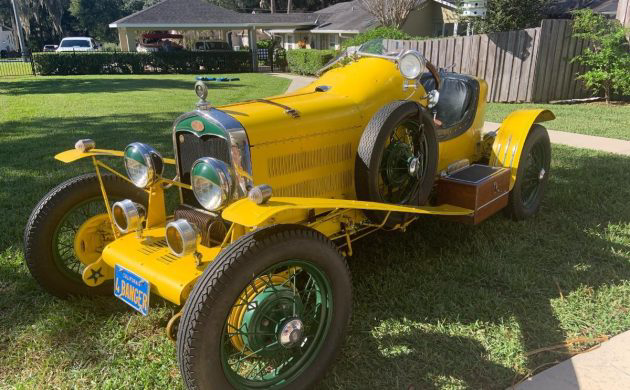
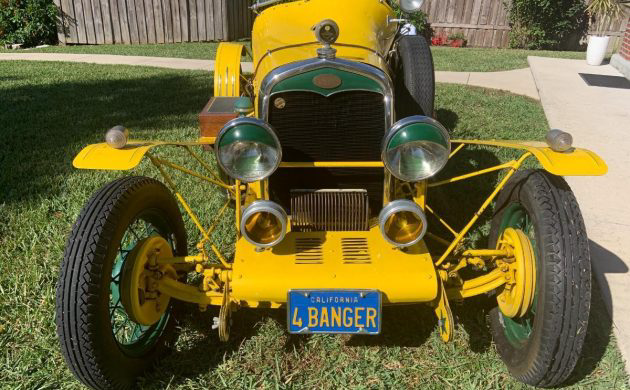
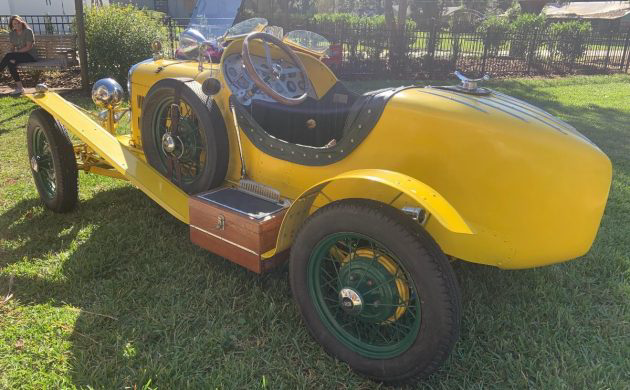
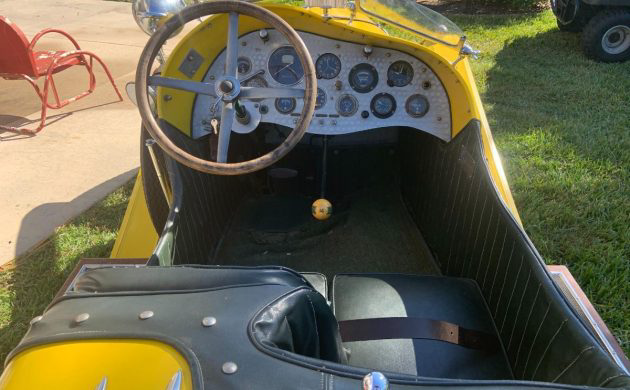
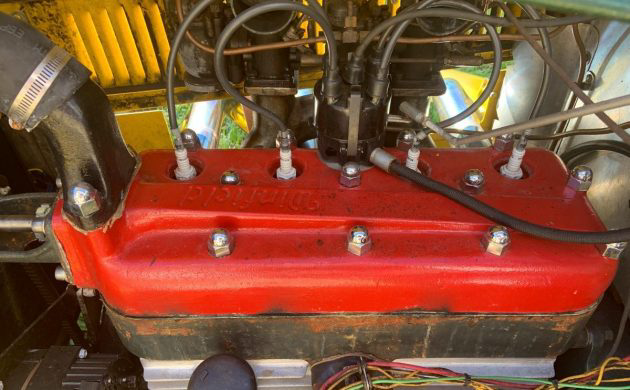
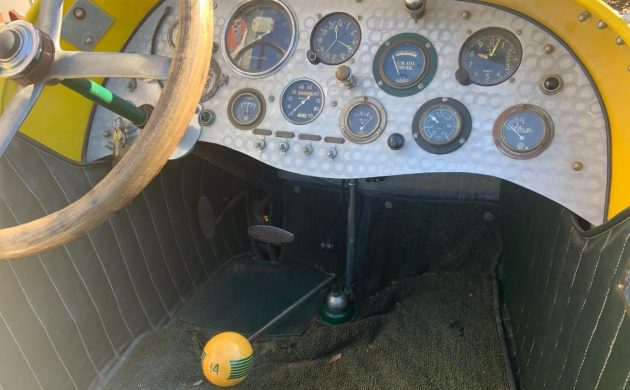
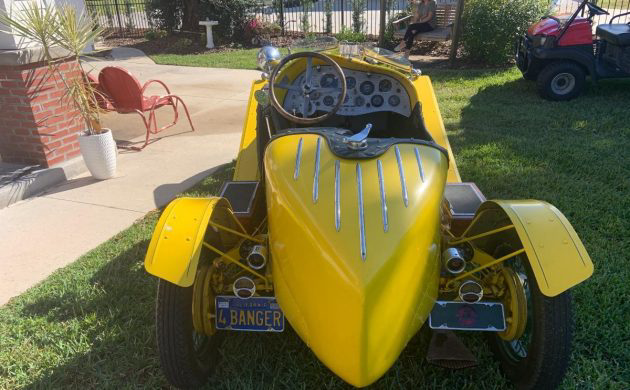


Slick. Looks like a bunch of fun.
Definitely a car to have a little fun with. Could be a home anywhere, but for me it would be events in Indianapolis, Chicago, even the Newport Hill Climb. A lot of creative ideals here.
Ooooh… I got so amped up thinking this might be the one for me! The I read what I feared: someone 5’11” fits “snugly” and it will not accomodate someone larger. At 6’4″, the quest continues….
Not to hijack the thread, MCH, but I am also a man of proper height. (6’4″)
I fit great in my ’39 Buick business coupe. You should fit fine in anything built when men wore Fedoras.
For something earlier you could look at a Model A Tudor with extended seat tracks. I can’t get my feet in through the door on anything else.
Apologies if I’m telling you stuff you already know, but plenty of old car vets still ask “Can I comfortably fit in a ………”
At 5’6″ I probably couldn’t reach the pedals in a ’39 Buick. Lot of car you have here.
Located in Ocala, FL
I am the owner. Contact info in the ad. Car in Ocala Florida. Staggered seating is fixed. No adjustments. People were small in 1930! Wonderful car to tour,show,vintage race, Great Race etc. Always draws a large crowd! Thanks George Albright
Spiffing!
I don’t think a Model A wiring loom would even begin to cover those instruments.